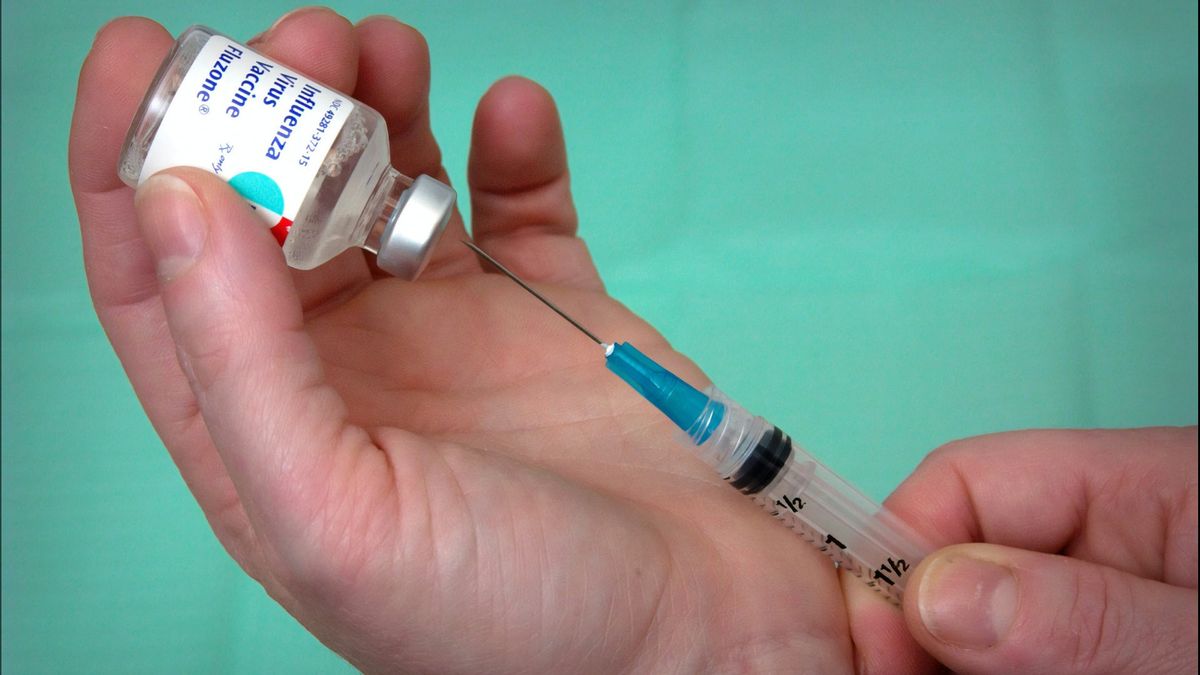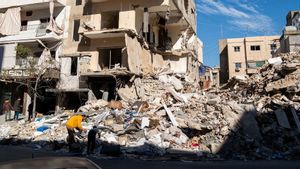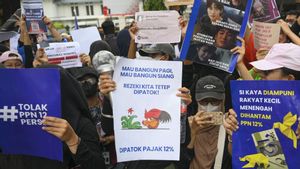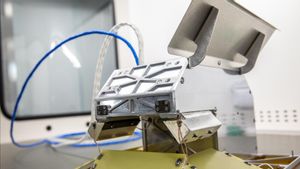JAKARTA - The report that one potential COVID-19 vaccine has an efficacy rate of at least 90 percent is a victory for science, said K Srinath Reddy, cardiologist and president of the Indian Public Health Foundation. But that means nothing to its 1.3 billion citizens.
"For us, the Pfizer vaccine is more of a scientific curiosity than a practical possibility," said Reddy.
The need to store Pfizer / BioNTech vaccines at least -70 Celsius, with plenty of refrigeration required, keeps them out of reach for up to two-thirds of the world's population, including much of South Asia, Africa and even rural parts of the United States (US) and South America , according to the German logistics company DHL.
Other potential vaccines, such as Moderna, whose clinical trial results were announced on Monday November 15, would be easier to distribute in warm climates and resource-poor areas. But for some time now, scientists have been busy developing other ways to deliver vaccines that don't require the expensive refrigerants and fragile glass bottles often used to pack vaccines.
Citing The Guardian, Friday, November 20, scientists are exploring whether a future COVID-19 vaccine could be in the form of inhaled vapors, powders, tablets, oral drops or intranasal sprays. Today, nearly every vaccine that is manufactured has to be given by injection.
After the injection, the immune system usually responds. But few scientists hope to take advantage of the immunity of the mucous membranes lining the nose, mouth, lungs and digestive tract, areas commonly colonized by respiratory viruses, including COVID-19.
"Over the last ten or 15 years, it has become more and more recognized that protective mechanisms exist on the surface of the mucosa," said Dr Christopher Chiu, from the department of infectious diseases at Imperial College London. "They specialize in protecting these tissues from infection more quickly and perhaps more completely, than for the antibodies to get out of the blood."
Exploiting mucosal immunity has potential advantages. Using the oral or nasal cavity can help people with needle phobia and allow people to vaccinate themselves.
"Not having to provide needles and tidying needles… I don't think you can underestimate how much impact a vaccine launch has on low- and middle-income areas," said Chiu, who led a study designed to assess the viability of inhaled formulations.
Barbara Saitta, immunization specialist with Médecins Sans Frontières, said she agrees with that opinion. "You don't need a lot of training for medical staff to teach them to open bottles and give them to adults or children to swallow," he said. "Injections are more complicated because of the materials you need, needles, and the logistics of delivering vaccines to the field."
Most importantly, with this alternative it is possible to save the vaccine at room temperature. Researchers at India's Science Institute in Bengaluru believe their "warm" vaccine against COVID-19 can withstand temperatures of 100 Celsius in powder form and 70 Celsius in solution form. The vaccine will withstand searing summer temperatures all over India.
"It's still being tested in guinea pigs and may take more than a year to be approved, but if successful, you'll have a heat-resistant vaccine in powder form and easily deployed across the country," said Reddy.
Vaxart, a biotech company based in San Francisco, is testing a COVID-19 vaccine in tablet form. The tablet forms a vaccine to address storage problems, which affect even wealthy countries like the US, says company founder Sean Tucker.
"If it turns out we need to vaccinate people every year, that will be a real challenge," he added. "A tablet vaccine like ours ... we dream that it will be sent by post or even by drone or some other delivery service, because the temperature is stable, so you don't have to deal with cooling problems."
Scientists took inspiration from the previously injected polio vaccine. After that a vaccine became available for oral, which was largely credited with eradicating the disease.
The English, Chinese, Japanese, Arabic, and French versions are automatically generated by the AI. So there may still be inaccuracies in translating, please always see Indonesian as our main language. (system supported by DigitalSiber.id)













